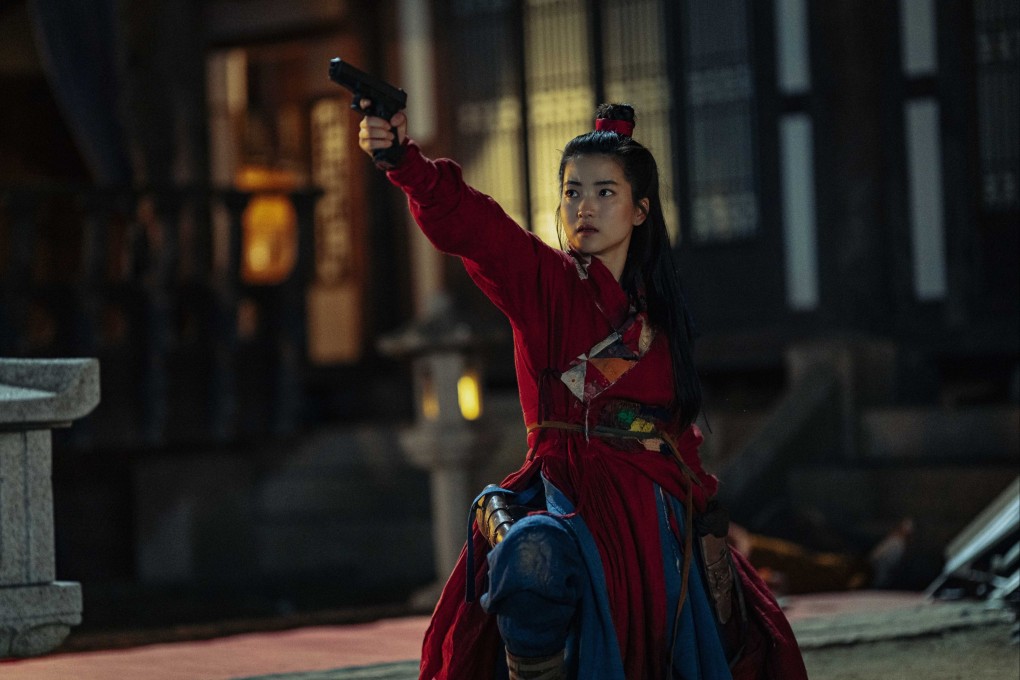With sci-fi Alienoid, hit Korean film director Choi Dong-hoon is returning to fantasy genre
- Filmmaker Choi Dong-hoon has had a string of box office hits, and his latest movie is a two-part time-travelling science fiction story
- He tells the Post about the lack of a history of sci-fi in Korea, how Netflix changed that, and his own love of the genre

One of the most bankable filmmakers in South Korean cinema, Choi Dong-hoon has been responsible for a string of box office hits during his 20-year career, including The Big Swindle (2004), Tazza: The High Rollers (2006), and The Thieves (2012).
For his latest outing, Choi returns to the fantasy genre for the first time since 2009’s Woochi, with the two-part, time-travel, science fiction epic Alienoid. As part one arrives in Hong Kong cinemas this week, Choi spoke to the Post in an interview about his influences and experiences making the film.
One of the biggest hits of 2009 in Korea, Woochi is an action-packed martial arts fantasy starring Gang Dong-won that was hailed as Korea’s first superhero movie.
Alienoid presents an even more ambitious prospect, combining a 14th century Goryeo-era adventure with a present-day alien invasion plot that play out across both timelines simultaneously.